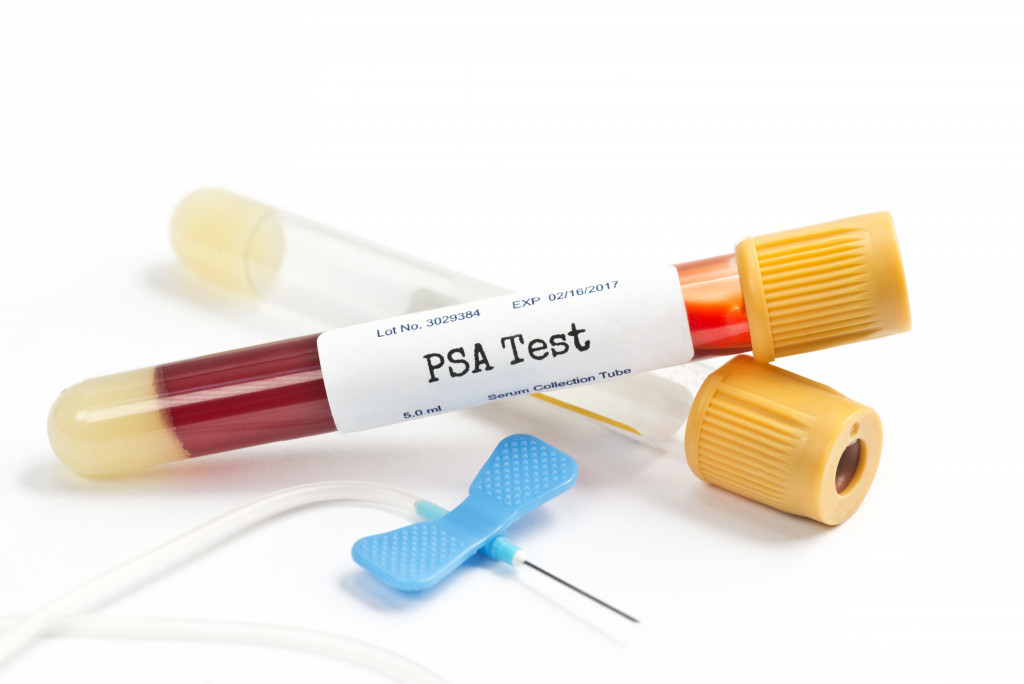- Know your risk factors for prostate cancer, such as age, race, ethnicity, family history, and lifestyle choices.
- Schedule regular checkups with your doctor and inform them of any symptoms you may be experiencing.
- Consider getting genetic testing if you are at a higher risk due to family history or genetics.
- Consider additional ways to reduce risks, such as clinical trials and immunotherapy.
- Practice self-care, find support from others, and maintain a positive mental outlook.
You have a genetic history of prostate cancer, which can be life-threatening if left unaddressed. Prostate cancer is the second most common type of cancer among men. While you cannot control your family history or genetics, there are steps you can take to manage your risk and improve your overall health. Here are five tips to help you manage your genetic history of prostate cancer.
1. Know Your Risk Factors
Knowing the potential risks associated with having a genetic history of prostate cancer is essential for monitoring and managing the condition. Common risk factors include age, race, ethnicity, family history, inherited mutations in certain genes, lifestyle choices such as smoking and diet, environmental exposure to radiation or toxins, high levels of testosterone, and obesity. Being aware of these risk factors can help you take steps to reduce your overall risk.
2. Schedule Annual Screenings

Regular prostate cancer screenings are the best way to detect changes early on. Talk to your doctor about scheduling annual checkups, and ask whether any additional tests may be appropriate depending on your age and family history. Early detection is key in managing prostate cancer, so staying up-to-date with these visits is important.
Be sure to inform your doctor of any symptoms you may be experiencing, including difficulty starting or stopping the flow of urine, frequent urination, weak or interrupted urinary stream, trouble getting an erection, painful ejaculation, and blood in your urine. Additionally, discussing this with your doctor and other appropriate testing options is essential if you have a family history of prostate cancer.
3. Get Genetic Testing
Talk to your doctor about getting genetic testing done if you are at a higher risk for prostate cancer due to family history or genetics. This will help determine if there is an inherited gene mutation that may put you at an increased risk of developing prostate cancer. If a mutation is detected, your doctor may recommend additional screening and monitoring options to help reduce your risk.
4. Find Other Ways to Reduce Your Risk
Additional ways to reduce your risk may exist depending on your risk factors. These options range from clinical trials to specific tests to manage your symptoms.
Here are some ways to reduce your risk further:
Clinical Trials
You may be eligible to participate in a clinical trial depending on your specific health profile and family history. If you are a healthy patient, clinical trials can be an excellent way to take control of your own health and well-being. By participating in healthy patient clinical trials, you can gain access to treatments not yet available to the general public and help researchers learn more about prostate cancer. Clinical trials also allow patients to obtain care from leading experts in their field, who are dedicated to helping you find a solution.
Talk to Your Doctor

It is essential to have regular checkups and open dialogue with your doctor about any changes in your prostate health, even if there are no current symptoms. Talking with your doctor can help you determine the most appropriate screening tests and treatments.
Immunotherapy
This new treatment uses your body’s immune system to fight cancer cells. It is an emerging form of therapy and is still considered experimental, but it has shown promise in treating certain types of prostate cancer. Speak with your doctor about whether immunotherapy is viable for you.
Prostate Specific Antigen (PSA) Tests
PSA tests measure the levels of a specific protein in your blood and are used to detect prostate cancer. It is essential to have regular PSA tests done as they can help monitor any changes or fluctuations in your health. However, it is not recommended for men with no family history of prostate cancer as it is not an appropriate screening tool for this population. Speak with your doctor to determine whether PSA tests are recommended for you.
5. Maintain a Healthy Mental Outlook
When dealing with a genetic history of prostate cancer, it’s important to maintain a positive outlook and stay focused on taking care of yourself. Make sure to get plenty of rest, practice relaxation techniques such as meditation or yoga, spend time with loved ones, and find ways to keep yourself emotionally grounded. It may also be helpful to seek support from others with similar experiences or join a local support group.
In Closing
Managing your genetic history of prostate cancer can seem intimidating at first, but following these five tips can help you take control of the situation and move towards better health outcomes. Knowing your risk factors, scheduling regular screenings, getting tested for genetic mutations if necessary, making lifestyle modifications to reduce your risk, and maintaining a healthy mental outlook are all essential steps for managing your genetic history of prostate cancer. Taking these steps can help you live as healthily and comfortably as possible with this condition.

